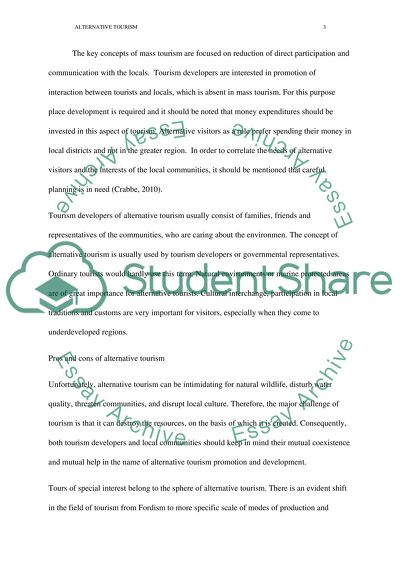Cite this document
(“Alternative Tourism Essay Example | Topics and Well Written Essays - 1250 words”, n.d.)
Retrieved from https://studentshare.org/tourism/1445049-alternative-tourism
Retrieved from https://studentshare.org/tourism/1445049-alternative-tourism
(Alternative Tourism Essay Example | Topics and Well Written Essays - 1250 Words)
https://studentshare.org/tourism/1445049-alternative-tourism.
https://studentshare.org/tourism/1445049-alternative-tourism.
“Alternative Tourism Essay Example | Topics and Well Written Essays - 1250 Words”, n.d. https://studentshare.org/tourism/1445049-alternative-tourism.


